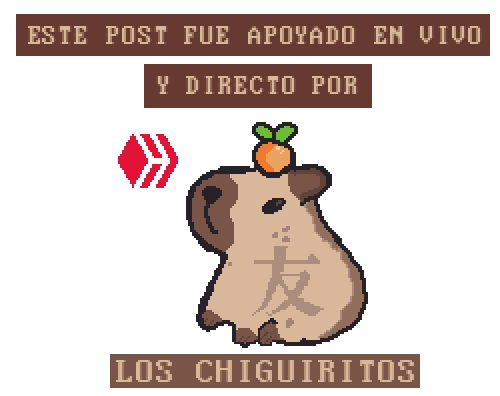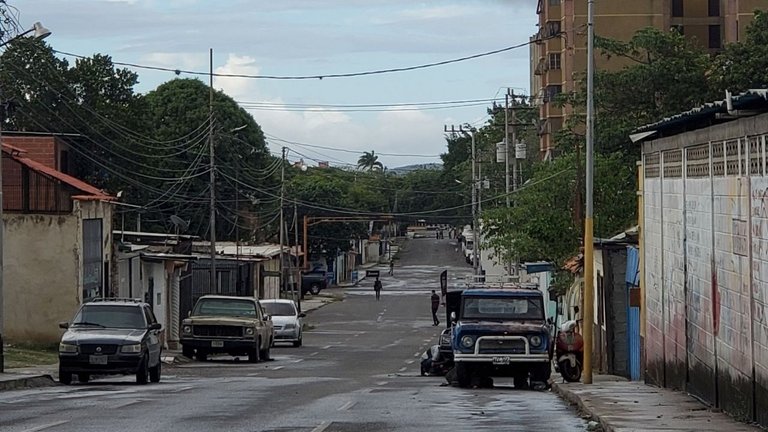
Mario vivía en una comunidad en el centro de la ciudad, donde se presumía que todo marchaba bien por estar en una zona favorecida. A simple vista se observaba que tenían las calles asfaltadas, contaban con alumbrado público, las casas tenían cloacas, y el agua se la suministraban tres veces por semana…
Funcionaban los servicios públicos, pero para no ser perfectas las cosas, tenían un problema que los estaba afectando y era que los habitantes no respetaban los espacios de los vecinos. Continuamente se quejaban, porque colocaban basura, que muchas veces eran animales muertos, puestos en las esquinas para no tenerla en el frente de su casa.
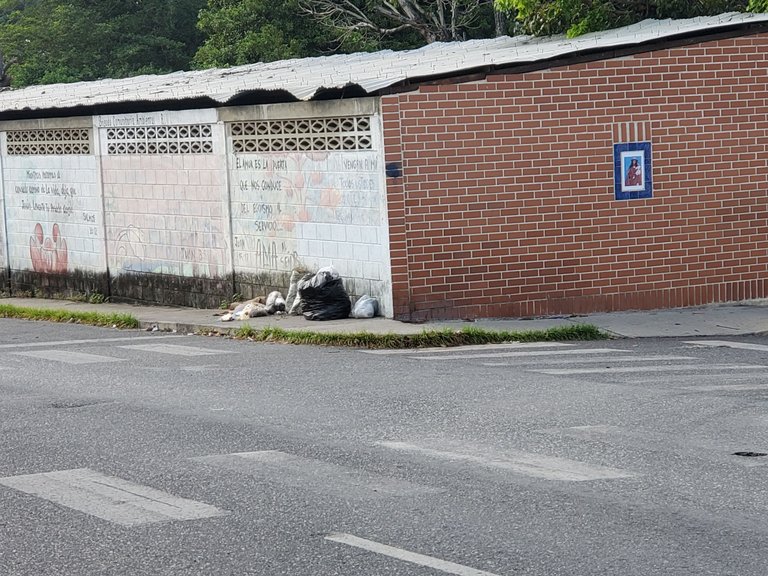
Esa aglomeración de desechos perjudicaba por los malos olores, además estaban llegando personas a destrozar las bolsas de la basura para sacar de ellas comida, plásticos, y otros objetos, dejando todo esparcido… Era un completo desastre cada vez que ocurría, se veía horrible el escenario y nadie se pronunciaba en solidaridad con el vecino.
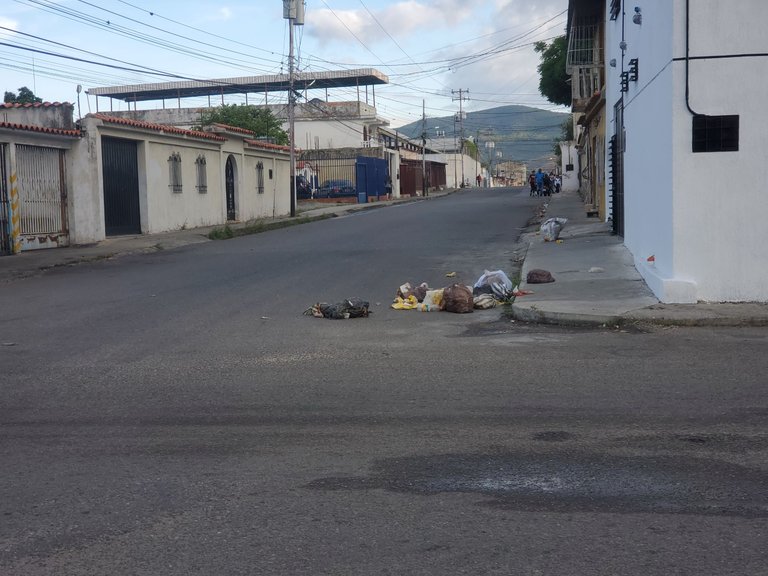
Situación que enfurecía a los propietarios de los inmuebles que padecían de ese problema, porque debía recoger la suciedad de otros y ubicarla en bolsas plásticas nuevamente para que se las llevara el aseo urbano. Los vecinos que sufrían el malestar de la basura, se organizaron y convocaron a una reunión en la que tenía que estar la comunidad presente para llegar a una solución.
El día por fin llegó y entre los pocos que asistieron, eligieron colocar letreros y murales en zonas donde padecían de aglomeración de basura. Seguía la gente sin importarle lo que decía el letrero, actuaban como analfabetos, que no sabían o no querían leer, la basura ahí, y les valía verga si el vecino se enfermara…
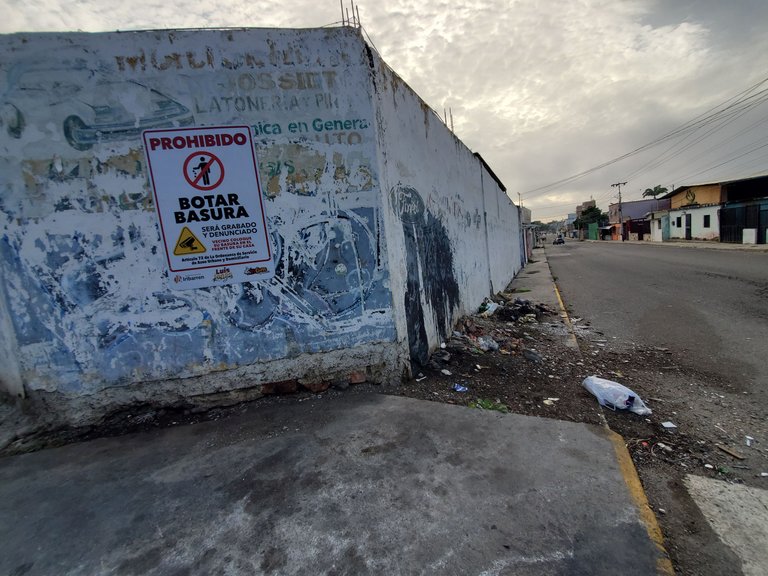
La situación se salió de control, Mario empezó a escuchar que había vecinos que estaban presentando infecciones respiratorias, diarrea, amibiasis, hongos en la piel, entre otros. Empezaron a gastar dinero para curarse, y el doctor que los atendió les sugirió tener la casa limpia y alrededores libres de moscas, basura…
Desde ese momento todo en la comunidad comenzó a cambiar, la limpieza era evidente, cada quien ubicaba su basura en el frente de las casas. Se hizo presente el respeto, la tolerancia, la solidaridad y la empatía para una mejor relación con los que comparten el mismo espacio.
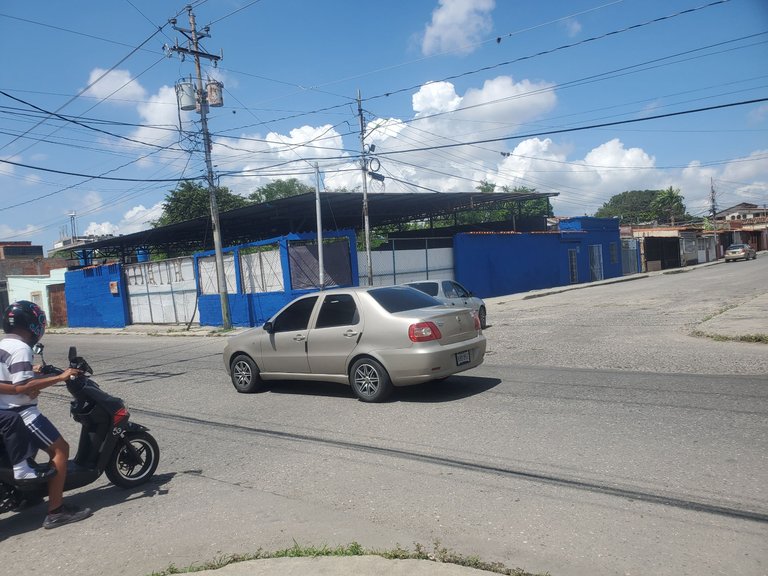
A su vez, se organizó Mario y varios habitantes de la comunidad a dar charlas sobre la basura y sus riesgos, participación ciudadana, deberes y derechos de los ciudadanos y demás temas de interés para una convivencia feliz, sin que se vea afectada la vida de los habitantes y del ambiente que los rodea.
Aún puede participar en la iniciativa del reto hispaliterario, edición número 39, te dejo la información en el siguiente enlace:
https://peakd.com/hive-179291/@hispa.literario/hispaliterario-39-salvemos-al-mundo

A clean community is possible.

Mario lived in a community in the center of the city, where it was assumed that everything was going well because it was in a favored area. At first glance, the streets were asphalted, there were street lights, the houses had sewers, and water was supplied three times a week....
The public services were working, but things were not perfect, but they had a problem that was affecting them and that was that the inhabitants did not respect their neighbors' spaces. They continually complained because they placed garbage, often dead animals, in the corners so as not to have it in front of their houses.

This agglomeration of garbage caused bad smells, and people were arriving to destroy the garbage bags to take food, plastics and other objects out of them, leaving everything scattered around... It was a complete disaster every time it happened, the scene looked horrible and no one spoke out in solidarity with the neighbor.

This situation infuriated the owners of the properties that suffered from this problem, because they had to collect the dirt from others and place it in plastic bags again to be taken away by the urban cleaning service. The neighbors who suffered the discomfort of the garbage, organized themselves and called a meeting in which the community had to be present to reach a solution.
The day finally arrived and among the few who attended, they chose to place signs and murals in areas where they suffered from garbage agglomeration. They acted like illiterates, they didn't know or didn't want to read, the garbage was there, and they didn't care if the neighbor got sick?

The situation got out of control, Mario began to hear that there were neighbors who were getting respiratory infections, diarrhea, amebiasis, skin fungus, among others. They began to spend money to cure themselves, and the doctor who treated them suggested that they keep the house clean and the surroundings free of flies and garbage....
From that moment on everything in the community began to change, cleanliness was evident, everyone placed their garbage in front of the houses. Respect, tolerance, solidarity and empathy became present for a better relationship with those who share the same space.

In turn, Mario and several inhabitants of the community were organized to give talks on garbage and its risks, citizen participation, duties and rights of citizens and other topics of interest for a happy coexistence, without affecting the lives of the inhabitants and the environment that surrounds them.
You can still participate in the hispaliterario challenge initiative, edition number 39, I leave you the information in the following link:
https://peakd.com/hive-179291/@hispa.literario/hispaliterario-39-salvemos-al-mundo

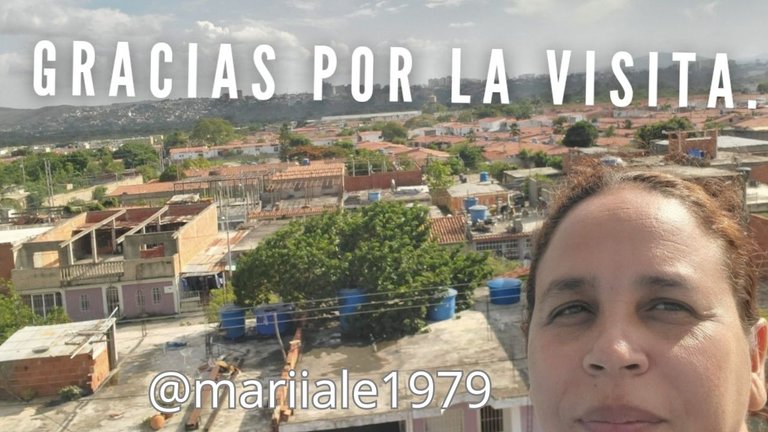
Fotos tomadas por |Photos taken by @mariiale1979
Dispositivo | Device | Samsung Galaxy S10+
Fotos editadas en: | Photos edited in | App Canva
Separadores hechos en | Separators made in
| App Canva
Traducción con | Translation with| [DeepL]


